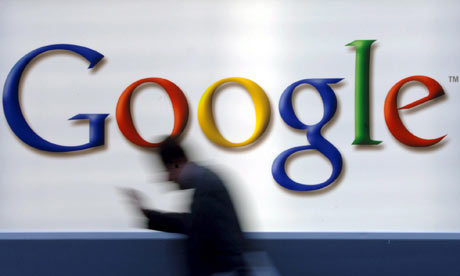
In HTC's opinion on Apple's patent application, the company anticipates that the patent process will not negatively affect HTC's performance in the first quarter of 2010. Typically, the patent process to draw out a long time, so that expect a decision only after several years.

Click To Unlock iPhone Now OS 3.1.3 Solution.Guaranteed!
According to information from CNet.com also Apple's multitouch patent is part of the accusations against HTC. HTC will have a total of 20 patents infringed by Apple. The disputed patents describe processes such as unlocking a lock screen, scrolling in lists or the automatic alignment of screen content. However, methods for saving electricity are included.
Click To Unlock iPhone Now OS 3.1.3 Solution.Guaranteed!
In the lawsuit Apple has both HTC smartphones with Windows Mobile as well as with Android in its sights. Google as a developer and provider of Android, however, was not sued by Apple. Suspected Jonathan Zittrain of Harvard Law School, that Google has not been sued by Apple deliberately. Instead, Apple has chosen with HTC a weaker opponent than Google, he told the New York Times.
Meanwhile, Google HTC has pledged his support. In a statement to Engadget Google said it stood behind Android and the partners who have helped in the development of Android. " Google found itself led to that statement, although the company is part of the application, such as Google itself points out.

Click To Unlock iPhone Now OS 3.1.3 Solution.Guaranteed!
According to information from CNet.com also Apple's multitouch patent is part of the accusations against HTC. HTC will have a total of 20 patents infringed by Apple. The disputed patents describe processes such as unlocking a lock screen, scrolling in lists or the automatic alignment of screen content. However, methods for saving electricity are included.
Click To Unlock iPhone Now OS 3.1.3 Solution.Guaranteed!
In the lawsuit Apple has both HTC smartphones with Windows Mobile as well as with Android in its sights. Google as a developer and provider of Android, however, was not sued by Apple. Suspected Jonathan Zittrain of Harvard Law School, that Google has not been sued by Apple deliberately. Instead, Apple has chosen with HTC a weaker opponent than Google, he told the New York Times.
Meanwhile, Google HTC has pledged his support. In a statement to Engadget Google said it stood behind Android and the partners who have helped in the development of Android. " Google found itself led to that statement, although the company is part of the application, such as Google itself points out.






